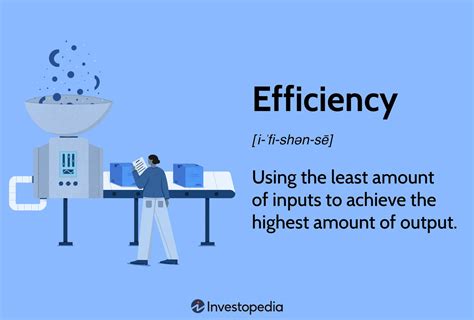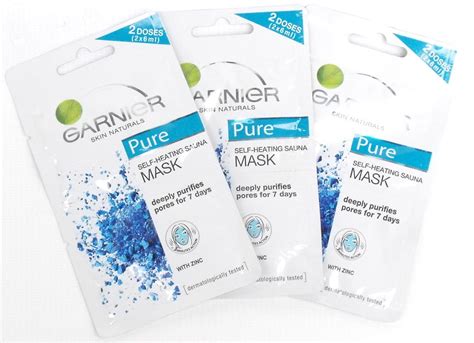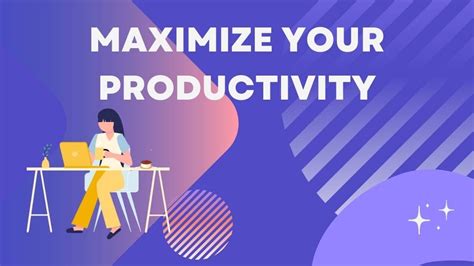Boost natural testosterone: what diet & exercise maximize male power?

Understanding Testosterone’s Vital Role
Testosterone, often called the primary male sex hormone, plays a critical role in more than just libido. It’s fundamental for muscle growth, bone density, fat distribution, red blood cell production, and overall energy levels. As men age, testosterone levels naturally decline, which can lead to various undesirable symptoms like decreased energy, reduced muscle mass, increased body fat, and mood changes. While aging is inevitable, optimizing lifestyle factors through diet and exercise offers a powerful, natural pathway to support and even boost healthy testosterone levels.

Dietary Pillars for Testosterone Optimization
What you eat directly impacts your hormonal balance. A diet rich in specific nutrients and balanced macronutrients is crucial for supporting testosterone production. Focus on whole, unprocessed foods.
Prioritize Essential Macronutrients
- Protein: Adequate protein intake is vital for muscle repair and growth, which indirectly supports testosterone. Include lean meats (chicken, turkey, beef), eggs, fish, dairy products, and plant-based proteins like legumes and quinoa.
- Healthy Fats: Don’t shy away from fats! Healthy fats, particularly monounsaturated and polyunsaturated fats, are critical for hormone production. Integrate avocados, nuts (almonds, walnuts), seeds (chia, flax), olive oil, and fatty fish (salmon, mackerel).
- Complex Carbohydrates: While low-carb diets have their place, completely cutting out carbohydrates can negatively impact testosterone. Opt for complex carbs from whole grains (oats, brown rice), fruits, and a variety of vegetables to fuel workouts and maintain energy levels.
Key Micronutrients for Hormone Support
- Zinc: This mineral is directly involved in testosterone synthesis. Excellent sources include oysters, red meat, poultry, beans, nuts, and pumpkin seeds.
- Vitamin D: Often called the ‘sunshine vitamin,’ Vitamin D acts like a steroid hormone in the body. Low levels are linked to lower testosterone. Get regular, safe sun exposure or supplement if necessary. Dietary sources include fatty fish and fortified foods.
- Magnesium: Important for muscle function and energy production, magnesium also plays a role in testosterone regulation. Find it in leafy greens, nuts, seeds, and whole grains.
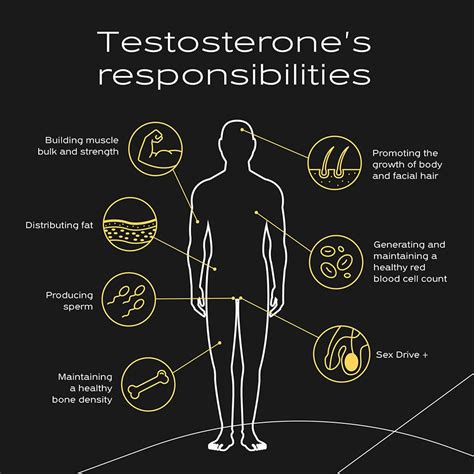
Foods to Limit or Avoid
To maximize testosterone, minimize your intake of processed foods, excessive sugars, trans fats, and excessive alcohol, which can all negatively impact hormone balance and overall health.
Exercise Regimens for Maximized Male Power
Beyond diet, specific types of exercise are incredibly effective at stimulating natural testosterone production.
Resistance Training is King
Lifting weights, especially focusing on compound movements, is one of the most potent stimuli for testosterone release. These exercises engage multiple muscle groups simultaneously, triggering a more significant hormonal response.
- Compound Movements: Incorporate exercises like squats, deadlifts, bench press, overhead press, and rows into your routine.
- Progressive Overload: Consistently challenge your muscles by gradually increasing weight, reps, or sets over time.
- Frequency: Aim for 3-4 resistance training sessions per week, allowing for adequate rest and recovery.

High-Intensity Interval Training (HIIT)
Short, intense bursts of exercise followed by brief recovery periods have also been shown to boost testosterone. HIIT workouts are time-efficient and highly effective for metabolic health and hormone regulation.
- Examples: Sprinting, cycling, rowing, or bodyweight circuits performed at maximum effort for 30-60 seconds, followed by 1-2 minutes of rest.
- Integration: Add 1-2 HIIT sessions per week, perhaps on non-resistance training days.

Balance and Avoid Overtraining
While exercise is beneficial, excessive or prolonged intense cardio (like marathon training) can sometimes lower testosterone. Furthermore, inadequate rest and overtraining can lead to increased cortisol (stress hormone) and decreased testosterone. Listen to your body and prioritize recovery.
Beyond Diet and Exercise: Lifestyle Factors
To fully support natural testosterone, consider these additional lifestyle elements:
- Adequate Sleep: Aim for 7-9 hours of quality sleep per night. Poor sleep significantly impacts hormone regulation.
- Stress Management: Chronic stress elevates cortisol, which can suppress testosterone. Practice mindfulness, meditation, hobbies, or spend time in nature.
- Limit Alcohol and Toxins: Excessive alcohol consumption and exposure to environmental toxins (xenoestrogens) can disrupt hormonal balance.
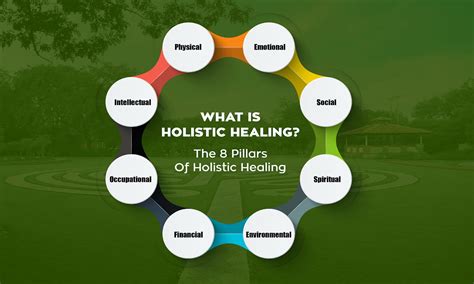
Conclusion: A Holistic Approach to Male Vitality
Boosting natural testosterone and maximizing male power is not about quick fixes but a consistent, holistic approach. By making informed dietary choices, engaging in effective strength training and HIIT, prioritizing sleep, and managing stress, you can significantly influence your hormonal health. Embrace these powerful lifestyle changes to unlock greater vitality, strength, and overall well-being, naturally enhancing your male power for years to come.

